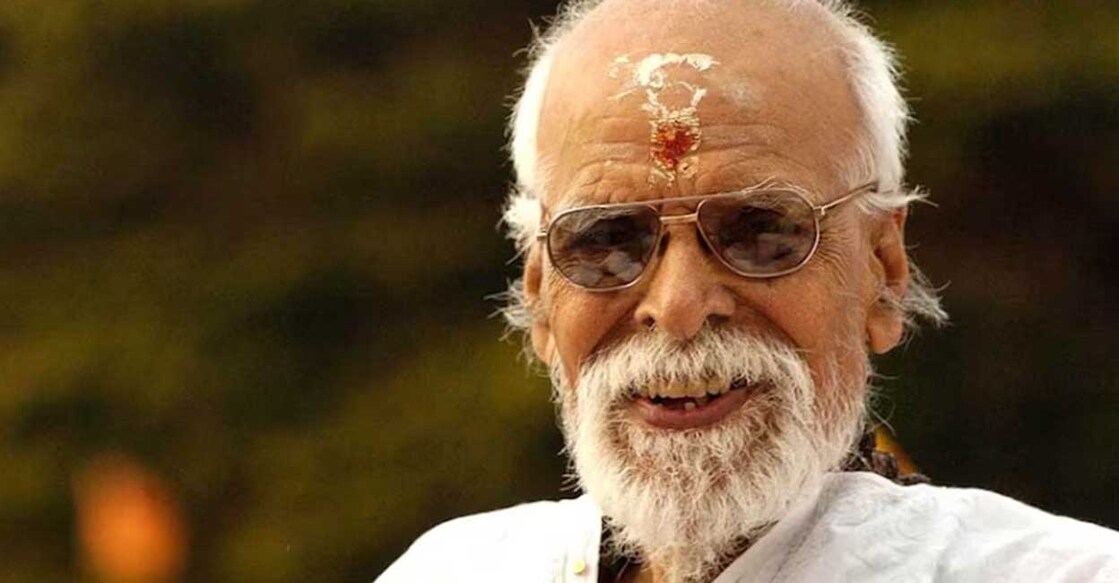Alappuzha Municipality budget proposes an award in honour of Dakshinamoorthy

Mail This Article
Alappuzha:The budget proposal of the Alappuzha municipality to institute an award to honour legendary musician and composer V Dakshinamoorthy has come as a delightful surprise for the music lovers.
“I don’t know how many of us know that Dakshinamoorthy sir was born in Mullakkal in Alappuzha (1919). The initiative aims to celebrate and preserve the rich musical heritage ,” Municipal Vice Chairman P S M Hussain, who presented the budget on Monday, told Onmanorama.
As a first step, a provision of Rs 50,000 has been included in the budget. “In the next phase, we will determine the prize amount, the criteria, and the selection process. The accolade will serve as a beacon of inspiration for aspiring musicians, offering recognition and a platform to nurture new talents,” he pointed out.
Poet and lyricist R K Damodaran said the initiative is a refreshing change “in an age where politics rule everything.
“ It is heartening to know that such an initiative came from a Municipality. It shows a new thought process where the focus is also given to the cultural progressiveness of a region, rather than limiting to political endeavours alone. It must be replicated in other parts of the state as well. Alappuzha, especially Kuttanad, is famous for its folk songs and boasts of a rich legacy. Dakshinamoorthy sir excelled in both Carnatic music and music composition and set great standards,” he said.
Music critic Ravi Menon said that it’s a welcome initiative to institute such awards in honour of great musicians like Dakshinamoorthy Swamy. `` It should be bestowed on promising youngsters so that the new generation comes to know about their invaluable contributions and draw inspiration as well,” he said..
V Daskshinamoorthy, popularly known as Dakshinamoorthy Swamy, was born in a Tamil Brahmin family on December 9, 1919, as the eldest of the seven children of Parvathiammal and D Venkateswara Iyer. He composed music for over 100 films, starting his career in 1950 with the Malayalam film ‘Nalla Thanka’.

